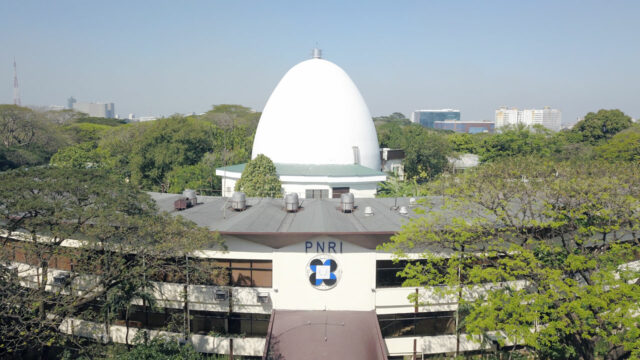
THE director of the Philippine Nuclear Research Institute (PNRI) told Congress that it must create a separate body to regulate the industry as the Philippines turns to nuclear power, citing the need to prevent conflicts of interest.
“The problem with PNRI is I speak like I am a promoter of nuclear power, but I am the regulator. It is not good, I will be the first one to admit that,” Carlo A. Arcilla, PNRI director, said at a hearing of the Special Committee on nuclear energy.
Pangasinan Rep. Mark O. Cojuangco, who chairs the committee, said the Philippine regulatory regime is ready for the transition to nuclear power, though regulatory powers remain with the PNRI.
“It’s just that (all the regulations) are in one body, which is the PNRI,” Mr. Cojuangco said.
Mr. Cojuangco also supported the removal of regulatory powers from the institute and called for the creation of a commission or authority to exercise those powers.
Mr. Arcilla called for the amendment of Republic Act 5207 or the Atomic Energy Regulatory and Liability Act of 1968, which vests regulatory powers in the PNRI.
“If Bataan Nuclear Power Plant (BNPP) has to start operations tomorrow, I would have to sign its license; it is within PNRI’s power,” Mr. Arcilla added.
He said a possible model for the regulatory body is the US Nuclear Regulatory Commission.
Meanwhile, Mr. Cojuangco said nuclear power is necessary, citing the example of the overloaded California power grid.
“The energy crisis (in California was due to) the low generation of solar and wind. California has realized that wind and solar are not reliable,” Mr. Cojuangco said. — Ashley Erika O. Jose



